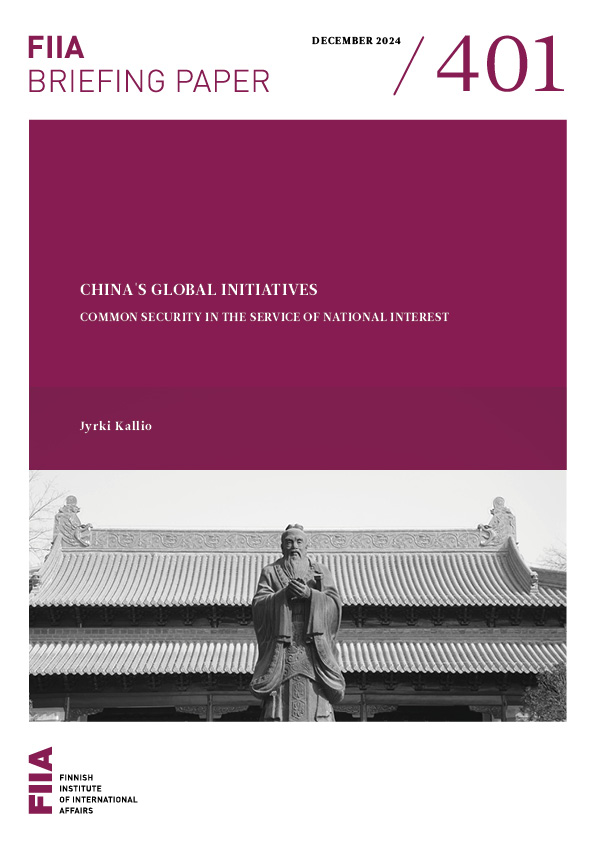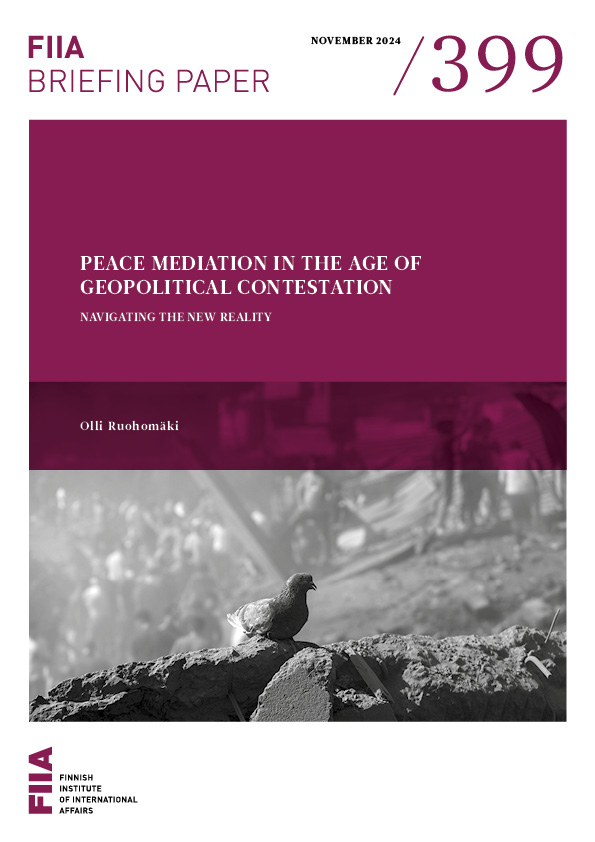There is a pressing need to clarify, institutionalize and increase the efficiency of the work of the UN climate negotiations. This task starts with a systematic search for possible solutions and the political will to begin a long battle to push them through. At the next stage of maturity, the United Nations Framework Convention on Climate Change should streamline its work programme, cut sessions, eliminate overlaps, and delete agenda items. These kinds of reforms will be politically fraught, and in practice need to be accomplished together with a package of substantive decisions.
Specialized bodies are a promising, yet untested, way to increase efficiency. Specialized bodies hold the promise of turning professional diplomats into professional problem-solvers. This addresses the over-politicization of technical work and calls for a limited mandate, a specific timeframe, a certain amount of dollars, and the need to produce results for the next meeting. It is not politically feasible to address the lack of majority voting in the decision-making of the Conference of the Parties.
Enhancing consensus-building via the leadership of the presidency and tested methods of diplomacy is possible to achieve and can bring remarkable benefits. A vote of confidence in procedural matters, electoral voting, and informal soundings could be introduced, if necessary, by strong and able presidencies.
A skilled president ensures efficiency. The most important skills of the presidency are deal brokering, where a clear vision of what is possible is needed, and gavelling, in other words signalling when the consensus has been reached. The presidency should also engage in ”lowering the stakes”, by clearly communicating and repeating what is and what is not going to happen in the meeting at hand. A skilled presidency that continues the best practices in strategic oversight, as well as the timely and institutionalized use of ministers, are the keys to efficient consensus-building. An open yet strategic consultation process and assuming a neutral role can help the presidency to build sufficient understanding and political capital to overcome obstacles within the negotiations.






